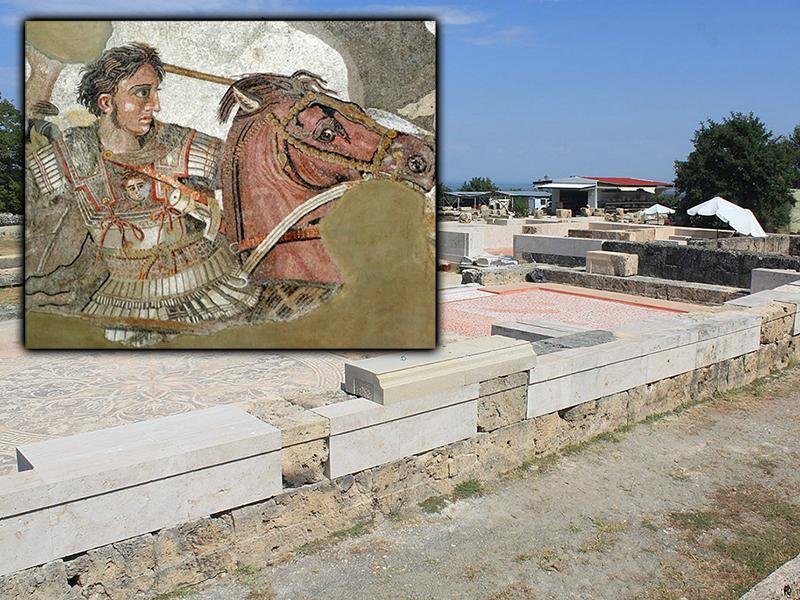____no5
Free Man
None of the extant sources were written by anybody who saw his eyes, so I'd be careful with that.
Except that the sources of those people were contemporaries and friends of Alexander who lived with and wrote about him. Now their works maybe lost but at the time of Plutarch and Arrian should be available.
I refuse to accept that extremely important people like the above (Plutarch was a high priest of Delphi, Arrian a consul and in Senate) made such an unusual claim without solid references. And let's not forget that ~300 years after the time of his death there were way more works on Alexander available than today. Not even close.
So it's quite likely to be accurate as far as I am concerned.


